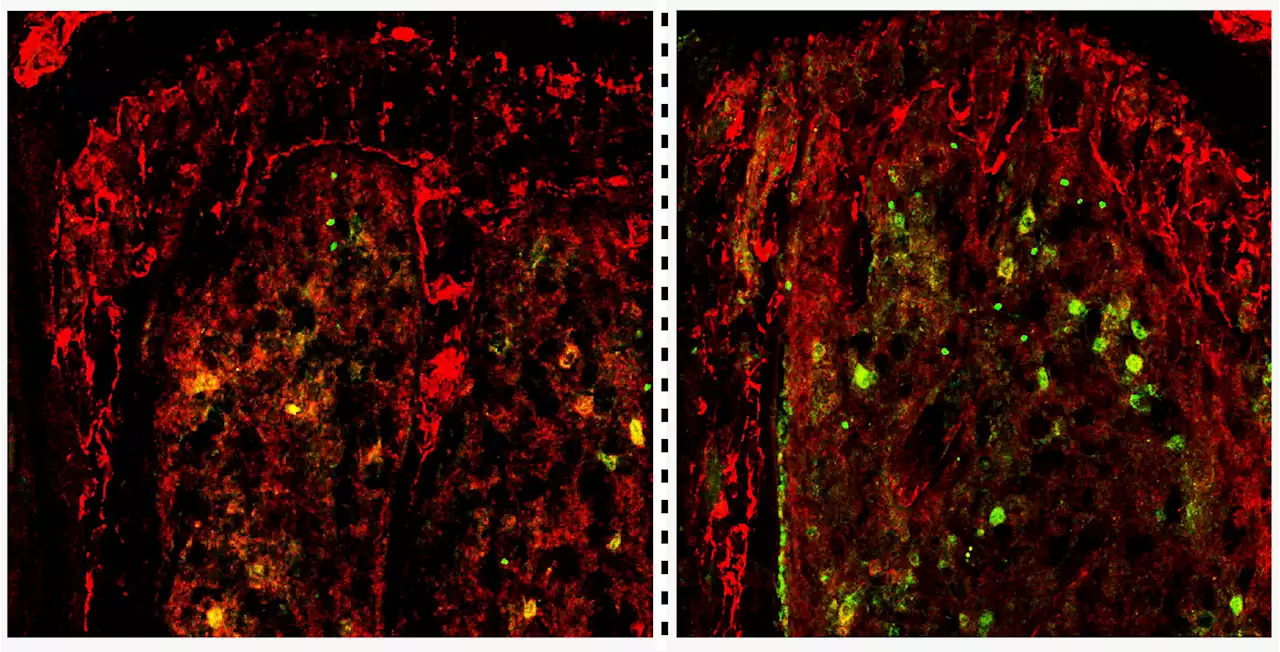Scientists have discovered that a spice commonly used in takeaways could help tackle obesity.
When it comes to weight-loss, it's usually advised to steer clear of takeaways in your diet but one study has found that one tasty cheat meal could actually help you shed those extra pounds.
Speaking about the research findings, principal investigator Dr Luis Cisneros-Zevallos said: “Cardamom is little known in the US but very common in other parts of the world. They explained that cardamom helps to control the system that regulates how fat is broken down and the process of energy being created in the liver and muscles.
Published in the International Journal of Molecular Sciences, the study also implied that the spice could help decrease low-grade inflammation that can lead to chronic health problems, such as diabetes, heart disease and arthritis. Certain spice blends, including garam masala and curry powder, often contain cardamom, which can also be ingredients in sweet treats, such as cakes, puddings and cookies.
United Kingdom Latest News, United Kingdom Headlines
Similar News:You can also read news stories similar to this one that we have collected from other news sources.
 Popular cafe announces closure after 'increasingly difficult' 18 months'With this chapter coming to an end, we hope that you can come with us, on the start of our next, new chapter'
Popular cafe announces closure after 'increasingly difficult' 18 months'With this chapter coming to an end, we hope that you can come with us, on the start of our next, new chapter'
Read more »
 Mallorca: Fake 'beach closed' signs installed to keep tourists away from popular spotsWhile the signs warn holidaymakers to stay away - messages in Catalan underneath make clear there is no danger and that they are in fact open.
Mallorca: Fake 'beach closed' signs installed to keep tourists away from popular spotsWhile the signs warn holidaymakers to stay away - messages in Catalan underneath make clear there is no danger and that they are in fact open.
Read more »
 Scientists reconstruct music based on brain dataFirst up: Another Brick in the Wall, Pt. 1
Scientists reconstruct music based on brain dataFirst up: Another Brick in the Wall, Pt. 1
Read more »
 Scientists unravel how TET2 gene deficiency fuels development of acute myeloid leukemiaScientists at City of Hope, one of the largest cancer research and treatment organizations in the United States, have identified how low levels of the TET2 gene fuel the rapid growth of acute myeloid leukemia in animal models. Cell Stem Cell recently published the study.
Scientists unravel how TET2 gene deficiency fuels development of acute myeloid leukemiaScientists at City of Hope, one of the largest cancer research and treatment organizations in the United States, have identified how low levels of the TET2 gene fuel the rapid growth of acute myeloid leukemia in animal models. Cell Stem Cell recently published the study.
Read more »
